Prof Dame Ottoline Leyser visits Glasgow underground observatory
The Glasgow Observatory provides unprecedented access to the subsurface and will fill in the knowledge gaps around geothermal energy.
12/11/2021 By BGS Press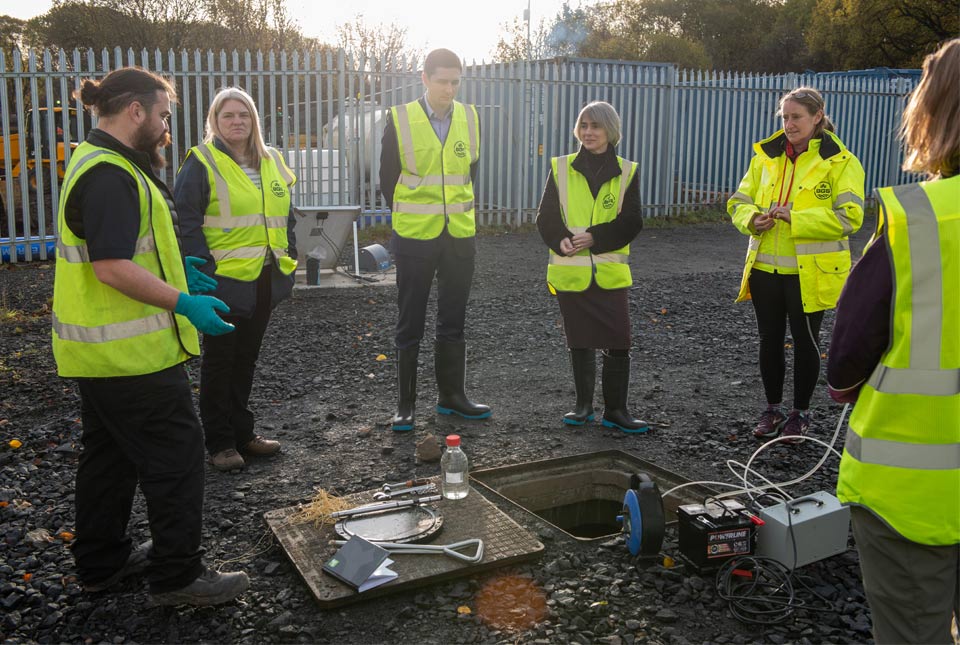
Prof Dame Ottoline Leyser, chief executive of UK Research and Innovation (UKRI), visited the Glasgow geoenergy observatory this week.
The Glasgow Observatory provides scientists and researchers with unprecedented access to the subsurface and will fill in the knowledge gaps around geothermal energy. The site comprises 12 boreholes, which range from 16–199 m deep and are fitted with hundreds of state-of-the-art sensors.
Glasgow, the host of COP26, is also home to part of the UK Geoenergy Observatories project.
The 12 boreholes here are generating data that will help scientists around the world better understand geothermal energy. This will play a key role in meeting our net zero targets by decarbonising our energy supply.
Prof Dame Ottoline Leyser, chief executive, UKRI.


Take a virtual tour of the Glasgow Observatory. BGS © UKRI.
Dame Ottoline was given a tour of the site by BGS’s Dr Tracy Shimmield and was shown a demonstration of how water samples are collected from the boreholes.
The Glasgow Observatory is already producing valuable data. We know the temperature of the water below the surface and that the mine workings are connected.
This will help shine light on whether the towns and cities around the world that sit on top of old mine workings could use that resource to power their homes and businesses.
Dr Tracy Shimmield, BGS.
While a handful of small-scale geothermal energy projects have been developed in the UK to date, wider adoption has lagged.
To provide sustainable and economically viable geothermal energy, we need fundamental information on how the chemical, physical, water and microbiological subsurface changes when we extract or store heat. This data is needed to optimise extraction of heat and inform regulators. We also need to be able to test and demonstrate new technologies.
The UK Geoenergy Observatories will provide us with infrastructure to monitor and analyse subsurface processes and test technologies.
Prof Zoe Shipton, chair of the UK Geoenergy Observatory’s science advisory group
The UK Geoenergy Observatories in Glasgow and Cheshire represent a £31 million investment by the UK Government through the Department for Business, Energy and Industrial Strategy (BEIS). They were commissioned by UK Research and Innovation’s (UKRI) Natural Environment Research Council (NERC) and are delivered by BGS, which runs the sites and manages the data.
Relative topics
Related news
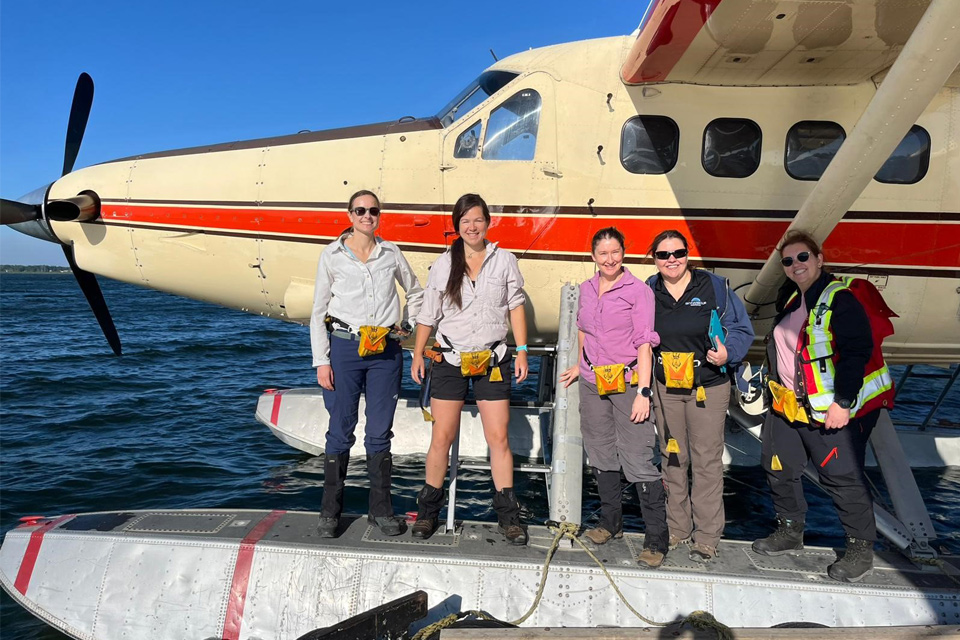
Funding awarded to UK/Canadian critical mineral research projects
08/07/2025
BGS is part of a groundbreaking science partnership aiming to improve critical minerals mining and supply chains.
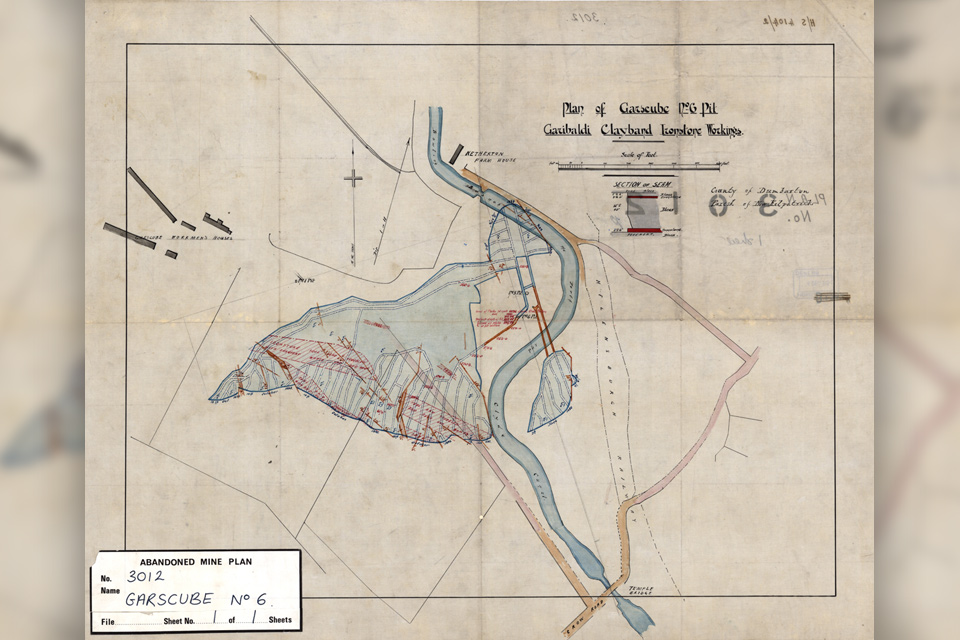
Release of over 500 Scottish abandoned-mine plans
24/06/2025
The historical plans cover non-coal mines that were abandoned pre-1980 and are available through BGS’s plans viewer.
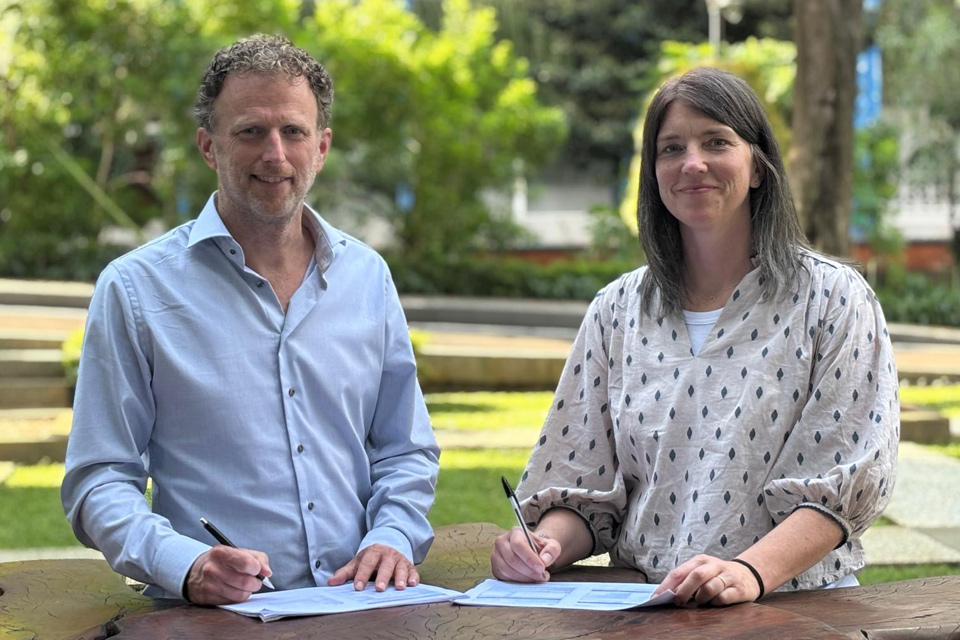
New collaboration aims to improve availability of real-time hazard impact data
19/06/2025
BGS has signed a memorandum of understanding with FloodTags to collaborate on the use of large language models to improve real-time monitoring of geological hazards and their impacts.
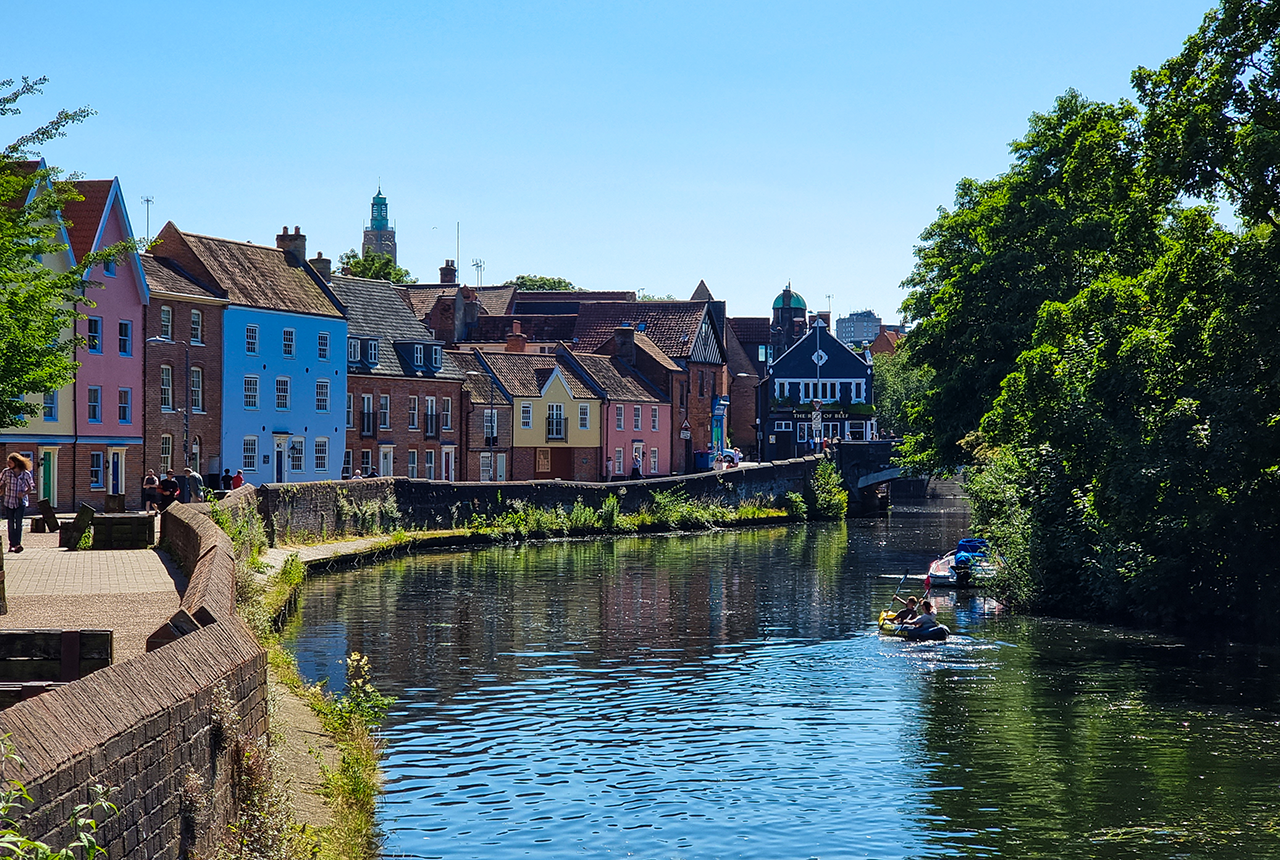
Modern pesticides found in UK rivers could pose risk to aquatic life
17/06/2025
New research shows that modern pesticides used in agriculture and veterinary medicines have been found for the first time in English rivers.

Goldilocks zones: ‘geological super regions’ set to drive annual £40 billion investment in jobs and economic growth
10/06/2025
Eight UK regions identified as ‘just right’ in terms of geological conditions to drive the country’s net zero energy ambitions.
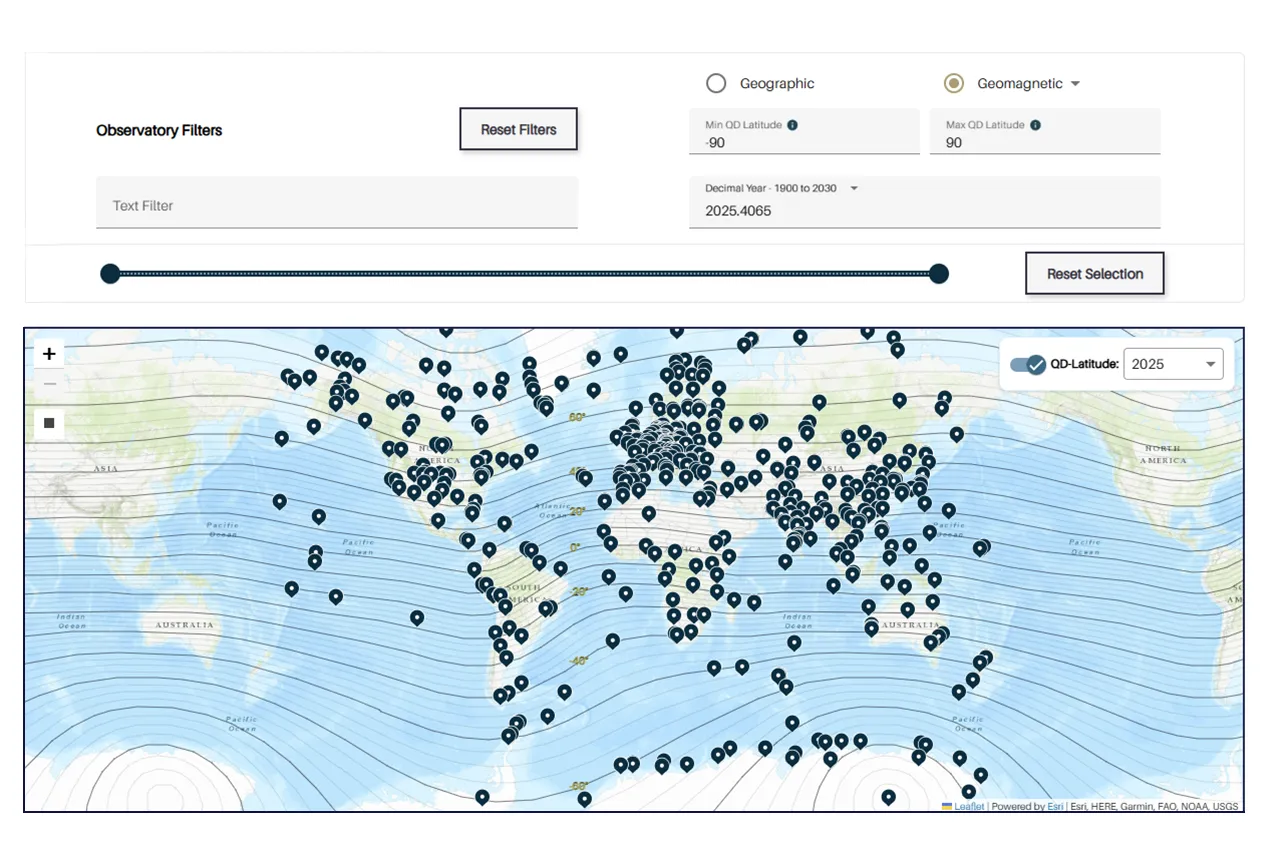
Upgraded web portal improves access to geomagnetism data
02/06/2025
BGS’s geomagnetism portal, which holds data for over 570 observatories across the world, has received a significant update.

BGS digital geology maps: we want your feedback
29/05/2025
BGS is asking for user feedback on its digital geological map datasets to improve data content and delivery.

What is the impact of drought on temperate soils?
22/05/2025
A new BGS review pulls together key information on the impact of drought on temperate soils and the further research needed to fully understand it.
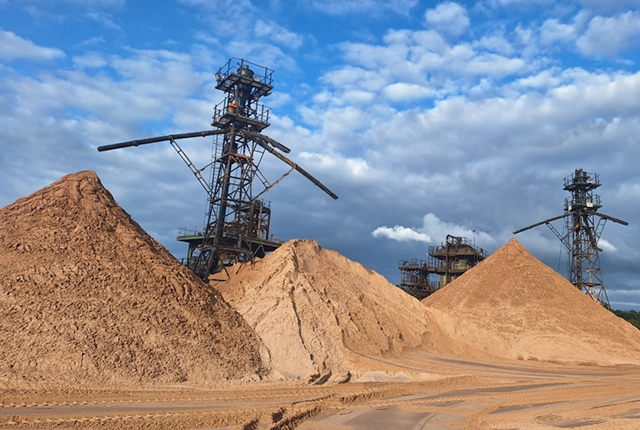
UK Minerals Yearbook 2024 released
21/05/2025
The annual publication provides essential information about the production, consumption and trade of UK minerals up to 2024.

BGS scientists join international expedition off the coast of New England
20/05/2025
Latest IODP research project investigates freshened water under the ocean floor.

New interactive map viewer reveals growing capacity and rare earth element content of UK wind farms
16/05/2025
BGS’s new tool highlights the development of wind energy installations over time, along with their magnet and rare earth content.
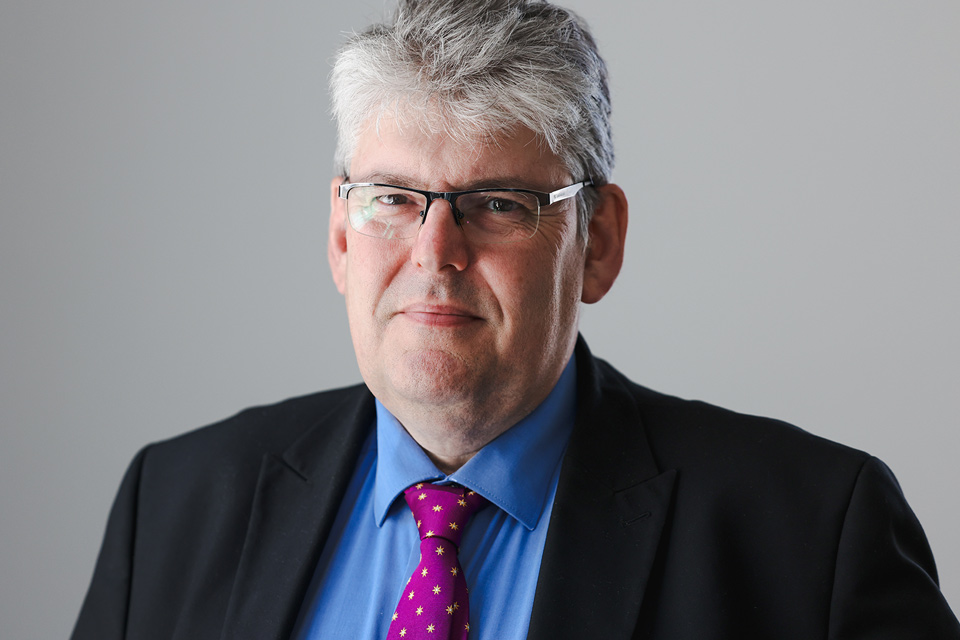
UKRI announce new Chair of the BGS Board
01/05/2025
Prof Paul Monks CB will step into the role later this year.



